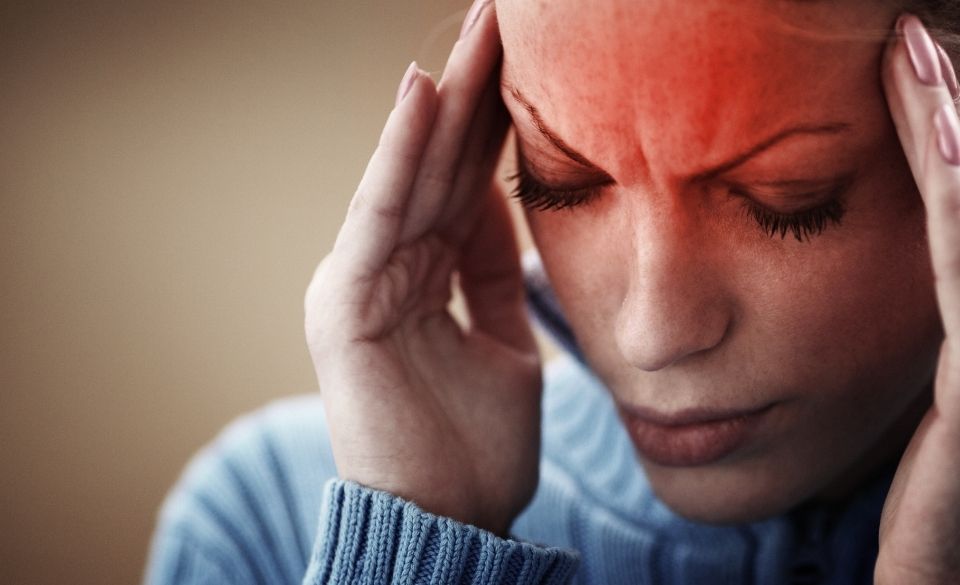
Headache After Running: Causes, Treatment & Prevention
Page Contents
It is not usual to get a headache after running. The pain may be on one side of the head or spread throughout the head. The headache may also vary in intensity, depending on the severity of the headache.
Regardless of how intense the pain is, different things can cause a headache after going for a run. In most cases, it can be a relatively easy fix.
Read on to learn more about the common causes of headaches after exercise and how to avoid them after your next run.
Why Do I Get A Headache After Running?
There are usually four general causes of headaches after running. These include:
– Low blood sugar levels
– Too much time in the sun
– Dehydration
– Exertional headache (caused by exercise)
Low blood sugar levels – Low blood sugar levels can cause a headache after running. If you don’t eat enough before your run and your blood sugar level drops, you will burn through your glucose. This then can then lead to hypoglycaemia.
Dehydration – When your body loses more fluid than it takes in, it is called dehydration. When you are dehydrated, it can cause you to experience headaches after your run.
Too much time in the sun – Too much time in the heat and the sun can trigger headaches in people, especially when running.
Exertional headache – An exertional headache is a headache caused by physical activity. This can be caused by a coughing fit or even a strenuous workout. The headache can last for a few minutes to a couple of days.
Studies have shown that it is more common to develop primary exercise headaches when training in warm weather or high altitudes.
Primary exertional headaches a thought to be caused by a narrowing of your blood vessels, which happens when you exercise.
Secondary exertional headaches are caused by an underlying condition, such as a sinus infection or a tumor. It is also important to know that secondary exertional headaches usually come with more symptoms, such as vomiting, congestion, and muscle stiffness.
Sometimes when you get a headache after running, you may still not know the cause of it. If this is the case, and it is none of the above, speak to a doctor.
Ways To Prevent A Headache After Running
Luckily most headaches after running are easily treated. Below are the prevention and treatment methods for the above causes.
Treating exertional headaches – If you are experiencing primary exercise headaches they usually stop on their own after a few months. However, during this time it is wise to take anti-inflammatory drugs such as ibuprofen. Alternatively, you can try to apply heat around your head by using a heating pad. This will help open up the blood vessels and help relieve any throbbing pain you are experiencing.
Preventing exertional headaches – For most runners a slow warm-up can help prevent exertional headaches. For others, slowly down the intensity and reducing the distance of your run can help. If neither of these helps it is recommended you speak to your doctor as there may be underlying issues.
Treating dehydration – In most mild dehydration cases, simply replenishing lost fluids and electrolytes will help treat the headache. However, be careful that the sports drink doesn’t have lots of added sugar, as this can potentially make the headache worse.
Preventing dehydration – To help prevent a headache from coming on after a run, make sure you are hydrated before and during your run. That means drinking 200-300ml of water or electrolyte drink 30 minutes before heading out the door. This should be continued throughout your run. However, the amount of fluid you will need during your run will depend on the temperature, intensity, and distance of your run. If you are unsure how much fluid you should take, speak to a nutritionist or do a sweat test.
Even though there can be other causes of your headache, eliminating the above can help you figure out the cause of the headache. If your headache happens more often than not, speak to a doctor, as they may be able to find the root cause of the problem.
Headache After Running – Final Thoughts
Poor running form can also be a cause of your headache. However, this is less common than the causes we explained in this article. Poor form can lead to muscle tension in your neck, back, and shoulders, which can then cause a headache to develop.
If this is the case, try to get a running gait assessment done. This can help locate the cause of the muscle tension and why this is happening when you run.
Alternatively, try slowing down your runs and reducing the distance of your runs and see if this helps.
For most people, headaches after a run will usually pass quickly and last for only a few minutes. In more severe cases, they can last a couple of days. But when this happens, there are usually underlying problems that need to be looked at.



